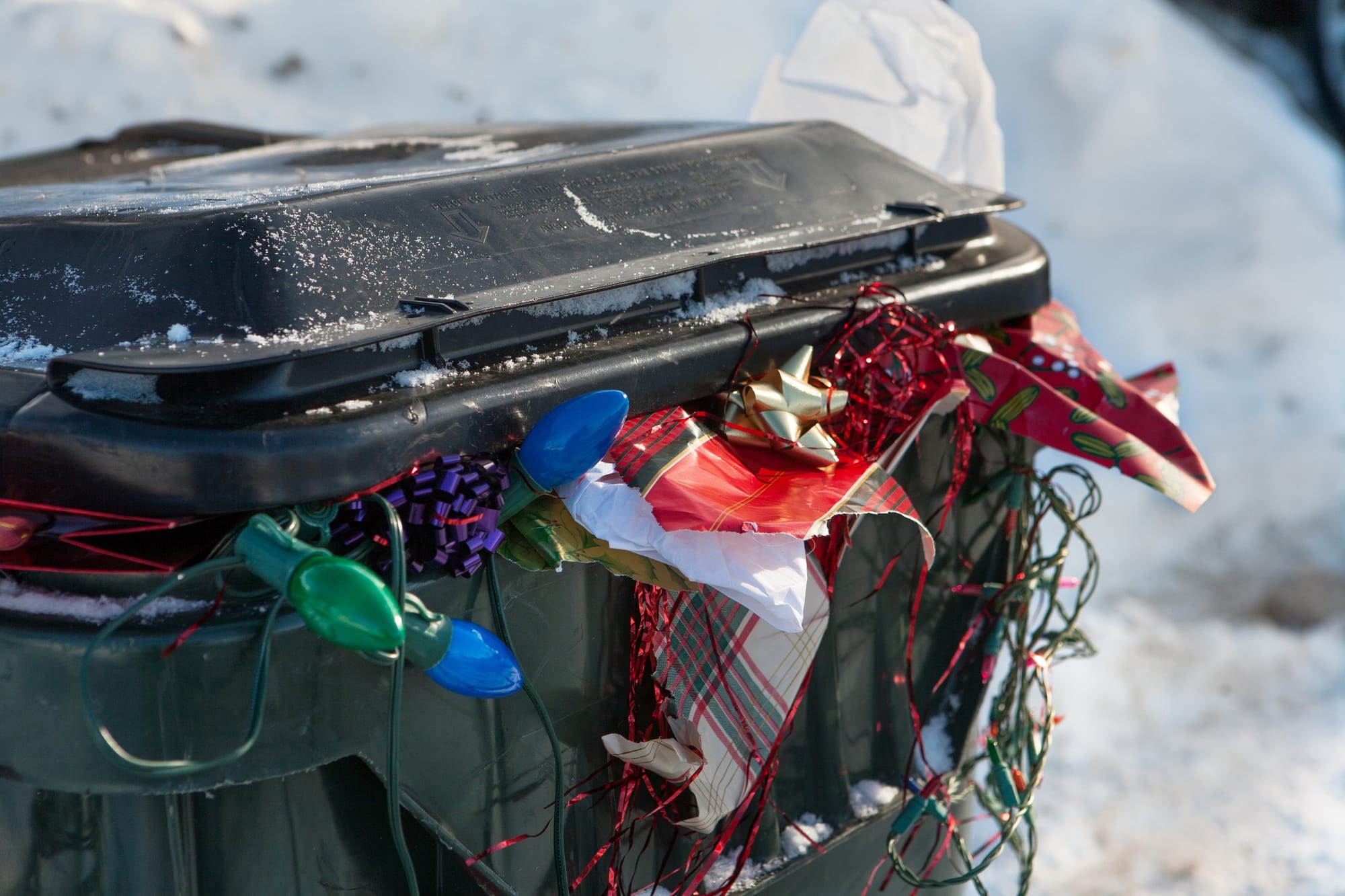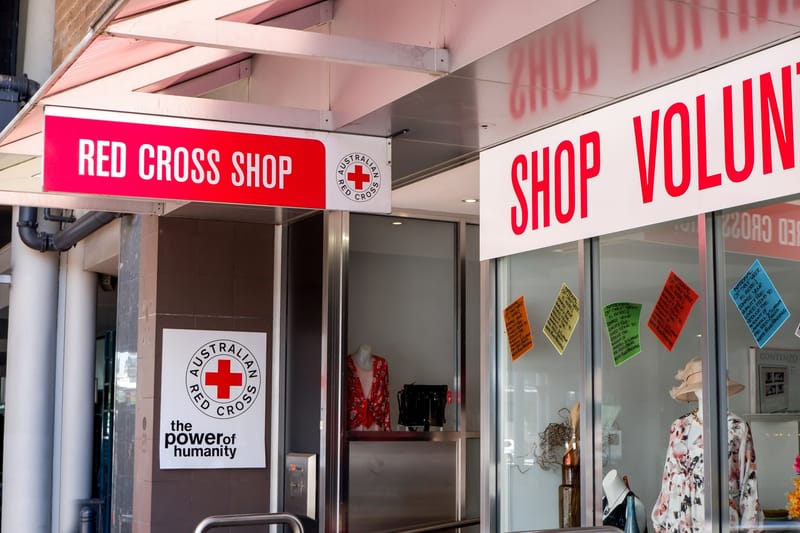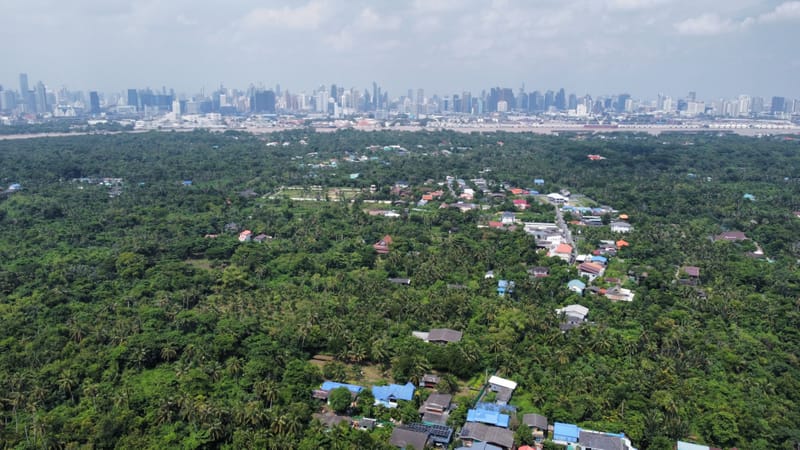
You don’t need to be a behavioural scientist to realise we enter a buying and waste-making frenzy at this time of year, creating a surge in waste compared to the rest of the year. So as we near the end of the year, we need to remain conscientious about our environmental impact and become informed consumers.
In 2018, a report compiled by UK Research and Innovation (UKRI) researchers at the University of Hull calculated that the consumption of plastic items such as packaging and plastic products increases by 30% over the Christmas holidays.
Calculations from OzHarvest in 2019 highlighted significant concerns regarding food wastage during the Christmas season, revealing a startling 30% surge in household waste during this period.
Further, in an article published by The Australia Institute, three in every 10 Australians receive gifts they’ll never use. That’s approximately $980 million in wasted presents.
Behavioural scientists at Monash University’s BehaviourWorks Australia have developed the Behavioural Roadmap to Circular Consumption that offers a way forward to significantly reduce Australia’s material footprint.

Led by waste and circular economy experts Jennifer Mackli and Lena Jungbluth, the roadmap highlights the eight most impactful behaviours that should be adopted by individuals, businesses and organisations to drive responsible consumption. They include:
- Making do without new items, or, with existing items that you already own – it’s the thought that counts, so why not give non-physical objects like a thoughtful service or experience.
- Borrow or rent items (or services).
- Source second-hand items – purchase preloved items from op-shops, thrift at trendy vintage stores, or explore community flea markets for rare and unique objects.
- Buy items that are built to last.
- Buy items made from circular materials.
- Keep (re)using items – treasure your gifts and get the most value from them by looking after them, storing appropriately and performing maintenance as required.
- Repair items.
- Pass items on/back – instead of buying anything, consider passing on items you already own, such as family heirlooms or other special items with sentimental value.
- Try reusable wrapping. Furoshiki Japanese wrapping cloth is one option that can continue to be passed on, look for wrapping paper made from recycled content, or reuse wrapping paper. Not all paper is recyclable, so check for the Australasian Recycling Label, or contact your local council. (Reusing saves way more resources than recycling anyway.)
Whether you find yourself in the role of the thoughtful gift-giver, the delighted recipient, the meticulous planner, or post-celebrations cleaner, there are a few ways to reduce your own material footprint without sacrificing any of the joyful holiday spirit.
Don’t let your festive foods go to waste
Given that food waste is one of the most significant contributors to emissions during the holiday season, it’s crucial to consider what happens next with your food post-celebrations surplus.
- Encourage doggy bags. Ask your family and friends to bring reusable plastic containers to take leftovers home.
- Create a “use-it-up” shelf in the fridge: Store leftovers in the fridge or freezer to reheat and eat later. According to recent BehaviourWorks household food waste research ,establishing a dedicated “use-it-up shelf” in your fridge makes it easier to find food items before they reach their expiration date.
Whatever you choose to do this Christmas to be more thoughtful of your gifting and other festive traditions, evaluate your impact and plan how you might do things differently next year.
The Behavioural Roadmap to Circular Consumption is a useful starting point for exploring creative ways to lessen your own material footprint, whatever the time of year.





